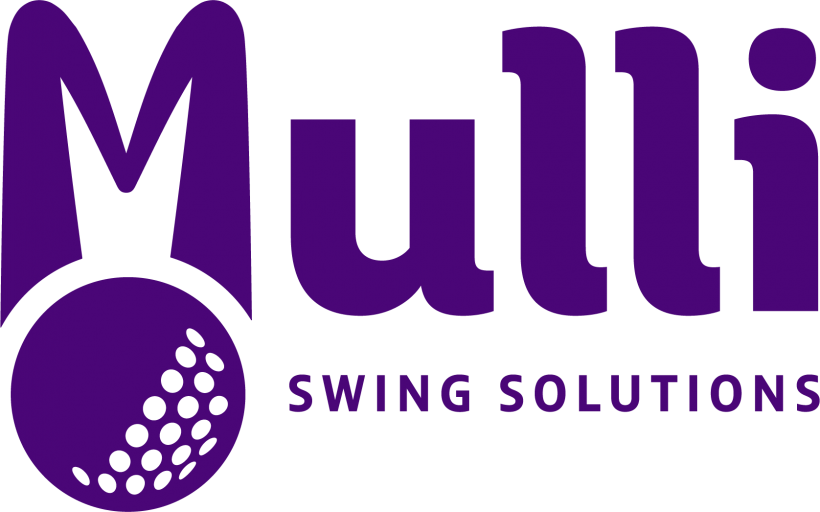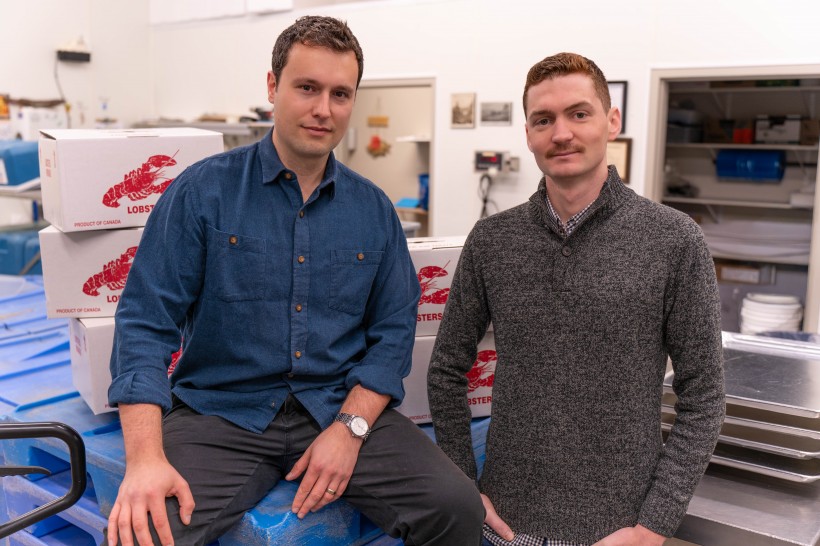ReelData, an artificial intelligence company that targets the aquaculture industry, captured the $2,000 first prize at the Start-Up Yard at COVE Pitch Night on Thursday.
Start-Up Yard, the oceantech hub on the Dartmouth waterfront, brought together 10 early-stage entrepreneurs to pitch their companies, and awarded a total of $4,500 in prize money to the winners.
“I know these companies,” said Shelley Hessian, the Executive Director of Start-Up Yard. “They are committed and all of them are looking to solve big problems in the ocean sector.”
The top prize went to Halifax-based ReelData, whose software analyzes video from inside aquaculture tanks to determine the biomass and health of the fish stock, and ensure the fish are getting just the right amount of food. Co-Founders Matt Zimola and Hossein Salimian have already landed customers in Iceland, Canada and the U.S.
The organizers awarded two $1,000 prizes for runners up – Halifax-based Copsys Industries, and Montreal-based Impactful Health R&D.
Copsys Founder and CEO Farzad Hashemi told the audience his company has developed a “corrosion management system” for ships’ hulls and underwater infrastructure. It features a coating that halts the corrosion of metal and prevents the buildup of such pests as barnacles. The coating works in conjunction with a micro-processor that can detect corrosion-prone areas and address them before the corrosion has even begun.
Impactful Health R&D President and CEO Mina Mekhail described his company’s compostable active packaging that extends the shelf-life of fish by about 15-30 percent. This packaging can decrease food waste in the fish industry (which amounts to 2.3 million tonnes a year in North America) and increase sales for both processors and retailers. Once the packaging is discarded, it can be composted so it doesn’t add to plastic buildup in landfill.
Innovacorp, which oversees Start-Up Yard and hosted the competition, also polled the pitchers to find out how they rated their peers, and Halifax-based SeaChange Biochemistry won the $500 Presenters’ Choice award.
Co-Founder Sabrena MacKenzie said SeaChange produces chemicals for industry from brown seaweed, which is increasing so fast in the oceans that it is posing huge ecological and economic problems. SeaChange has produced three chemicals from this seaweed and will have products for sale by June.
The other presenting companies and the executives who delivered their pitches were:
- Planetary Hydrogren, Gatineau, Quebec, Mike Kelland – Planetary Hydrogen uses renewable electricity to produce hydrogen via conventional electrolysis of water. As the hydrogen is produced, the procedure also captures carbon-dioxide, removing it permanently from the atmosphere.
- Sedna Technologies, Dartmouth, Shamus MacDonald –Sedna’s suite of tools helps the commercial fishing and aquaculture industries streamline quality control of products. The company is also developing a proprietary micro water quality sensor to better monitor and manage commercial seafood and aquaculture chains. In the past 13 months, it has generated almost $1 million in revenue and now has a staff of eight people.
- Rimot, Halifax, James Craig – Rimot is best known for developing a system to monitor private wireless communications systems in remote locations. Craig told the audience the company’s next product is RimotShip, which uses data produced by a ship and artificial intelligence to improve the vessel’s onboard operations. It can be used for a single ship or a fleet.
- MacDonald Hallett Oceans Protection Engineering Group, Halifax, Drew MacDonald and Carr Hallett – The company is designing a new system the makes it easier and safer to tow ships in distress, even those that have been abandoned by their crew.
- Resqunit Canada, Halifax, Eric Nobbe – The North American subsidiary of Norway’s Resqunit A/S offers a floatation device that can be attached to lobster traps and other equipment to ensure these traps are not lost on the ocean floor. It has completed trials in Norway and one of its investors is Capt. Sig Hansen of the TV series The Deadliest Catch, who is promoting it world-wide.
- DownNorth Technologies, Halifax – DownNorth aims to combat the problem of aquaculture pens leaving toxic hydrogen sulphide deposits on the seabed. It is developing a microbial fuel cell which allows the ocean floor to “breathe” and get rid of sulphide buildup. It is planning its first test in the Bras d’Or Lakes this summer.










